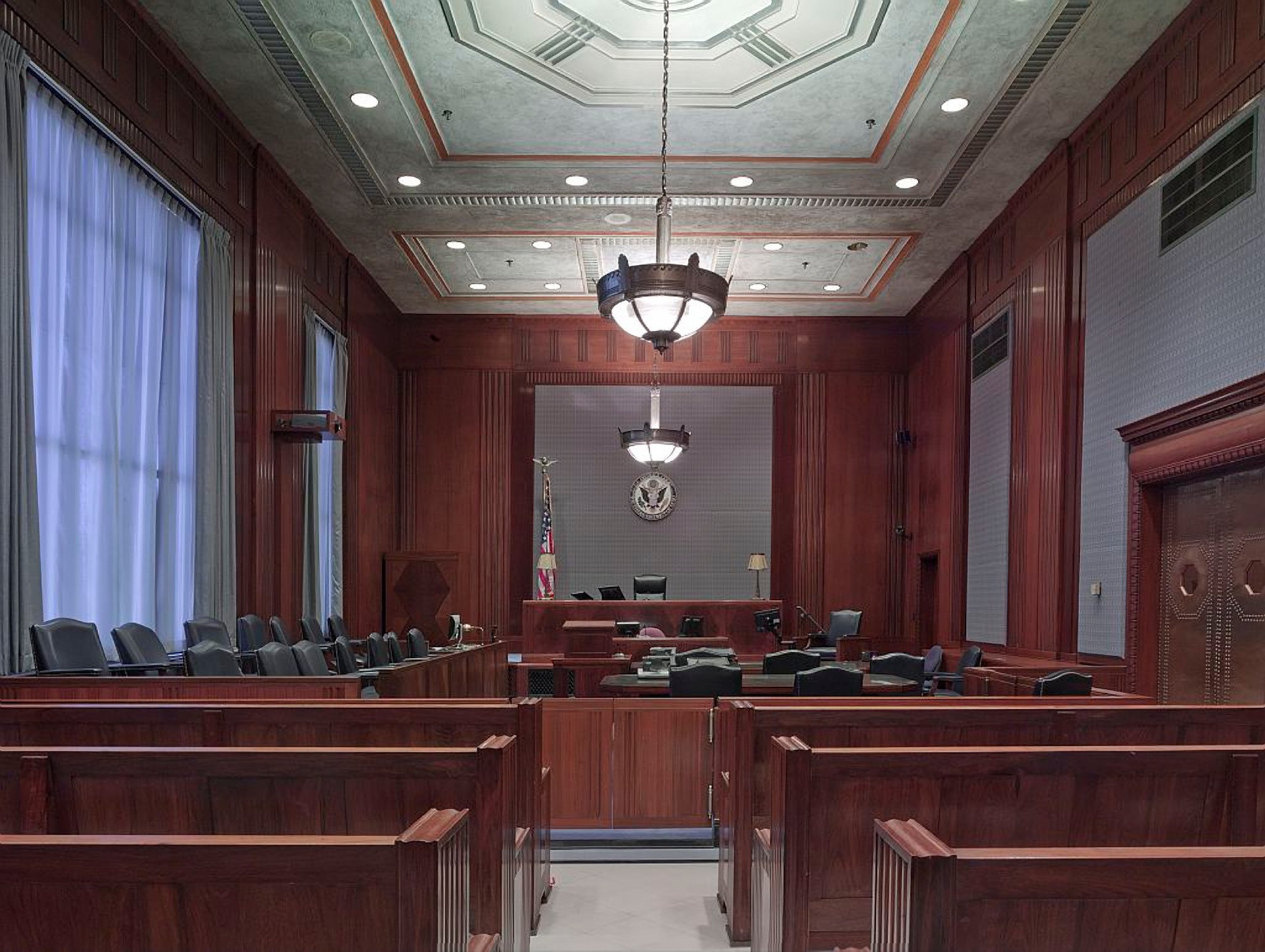
When you are accused of a crime, you’ll have the choice of a jury trial or a bench trial. You have a Constitutional and fundamental right to a trial by jury. That being said, you may not always be best served by a jury trial. This blog post will explain the differences between jury and bench trials, as well as address which may be more advantageous in which circumstances. As you read, please keep in mind that a Bergen County criminal defense attorney is ready to help you during the difficult times after being accused of a crime.
As the name implies, in a jury trial, a jury will hear your case. Your jury will be composed of people from your local community, or otherwise, from the jurisdiction where the court is based. Similarly, in a bench trial, a judge will hear your case.
The main change is who will be in charge of deciding whether you are innocent or guilty. In jury trials, juries decide on your conviction and may also decide what penalty you will face, depending on the severity of the alleged crime. Although all trials have judges, in a bench trial, the judge will have more complete control over these decisions.
But between the two, which has better chances of a successful outcome for you as the defendant?
Bench trials tend to be shorter than jury trials: there’s no jury selection process nor any need to explain the law to the decision maker. Judges can talk through concerns with the parties as these arise, which doesn’t take as long as sending the jury to make a decision every time.
The answer depends on the circumstances of your case. In high-profile cases, juries are likely to have heard about the alleged crime via local news coverage, which may make a bench trial preferable. And if your case has to do with complex legal questions, a judge will likely understand the issue more quickly than a jury. Given their familiarity with the legal process, judges may also be more likely to weigh prior convictions less harshly than juries.
However, juries can also approach matters more emotionally. Sometimes, this can benefit your case. And while bench trials tend to be faster, getting the trial over with quickly isn’t always your best bet.
In jury trials, the 12-member jury will analyze your case, and sometimes that may help. Should one member of the jury disagree, you may get a hung jury. This is compared to a bench trial, where the prosecutor only needs to convince the judge.
The judge’s familiarity with the evidence can also be a drawback, as there may be questionable evidence obtained illegally. Juries may never hear about this evidence if it isn’t presented during the trial, but the judge will know as the lawyers discuss what can and can’t submitted.
© 2025 The Law Office of Kevin T. Conway. All rights reserved.